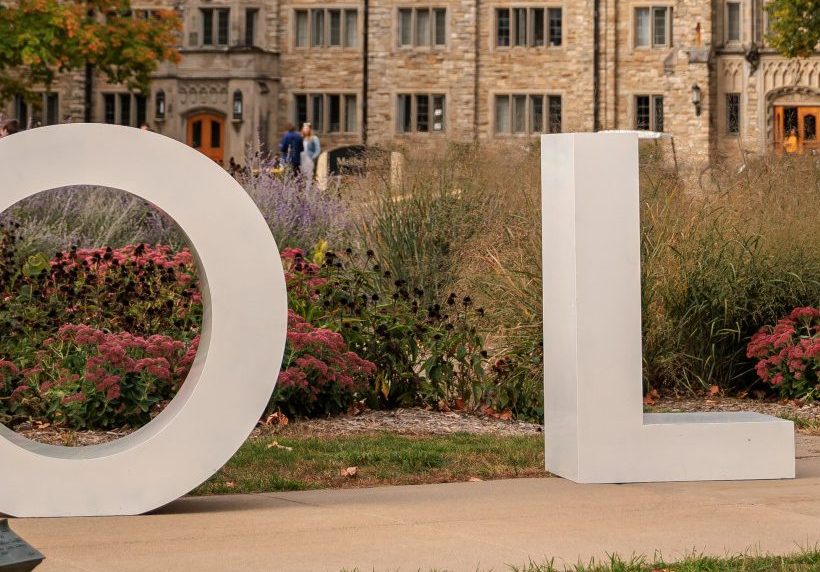
- Students may not violate federal, state, or local law on or off college premises.
- Students may not violate published college policies, rules, or regulations.
- Students are expected to follow reasonable requests and not verbally abuse or threaten college officials or city, county, or federal emergency and safety personnel who are acting in official capacity.
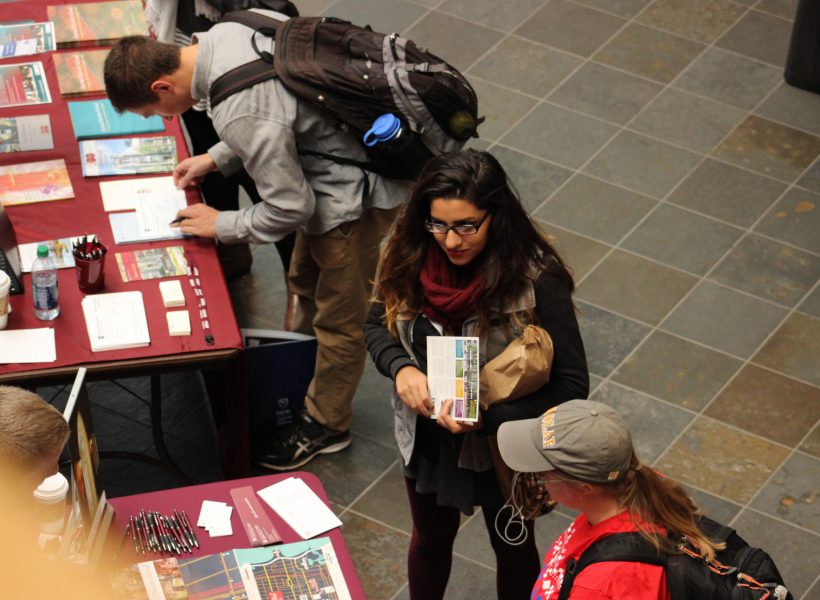
- Acts of dishonesty are not tolerated, including but not limited to:
- Furnishing false information to any college official, faculty member, or office
- Forgery, alteration, or misuse of any college document, record, or instrument of identification
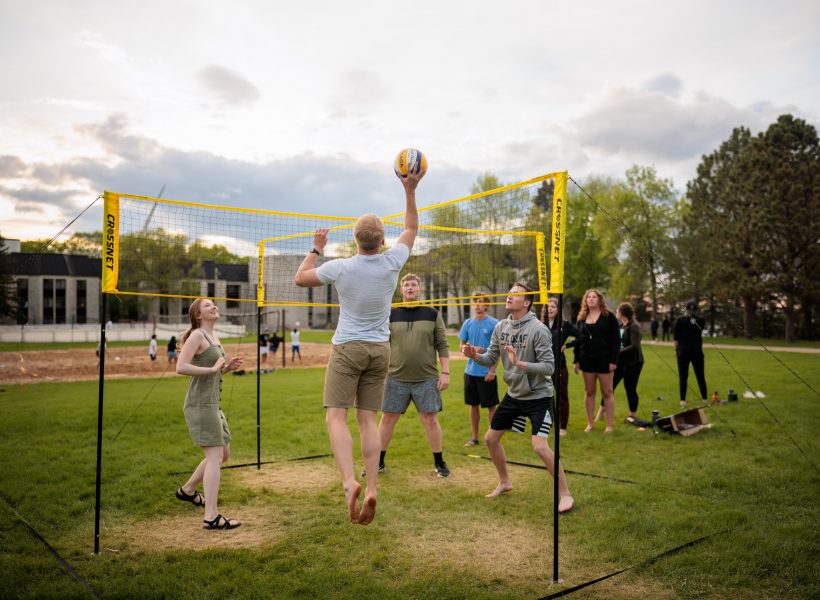
- Violations of fire/life safety provisions are not tolerated including, but not limited to: Arson or attempted arson.
- Use, possession, or manufacture of explosives, including but not limited to fireworks.
- Intentionally or recklessly misusing or damaging fire/life safety equipment.
- Initiating or causing to be initiating any false warning of emergency or life-threatening circumstances
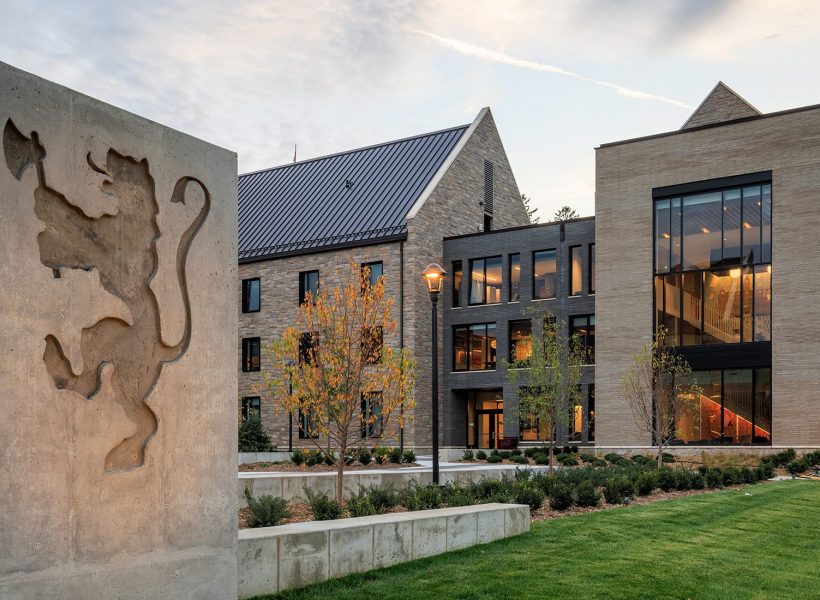
- Possession and/or use of weapons, regardless of their legality, on college premises is not allowed.
- Reckless conduct which, by nature, creates the risk of physical harm is unacceptable.
- Attempted or actual theft of property or knowingly possessing stolen property will not be tolerated

- Damage to property of the college or property of a member of the college community will not be tolerated. Damaging college property has costs for the community.
- Students may not possess, distrubute, and/or consume illicit drugs, products that contain THC and alcohol on St. Olaf campus or on land or in a vehicle owned by the college.
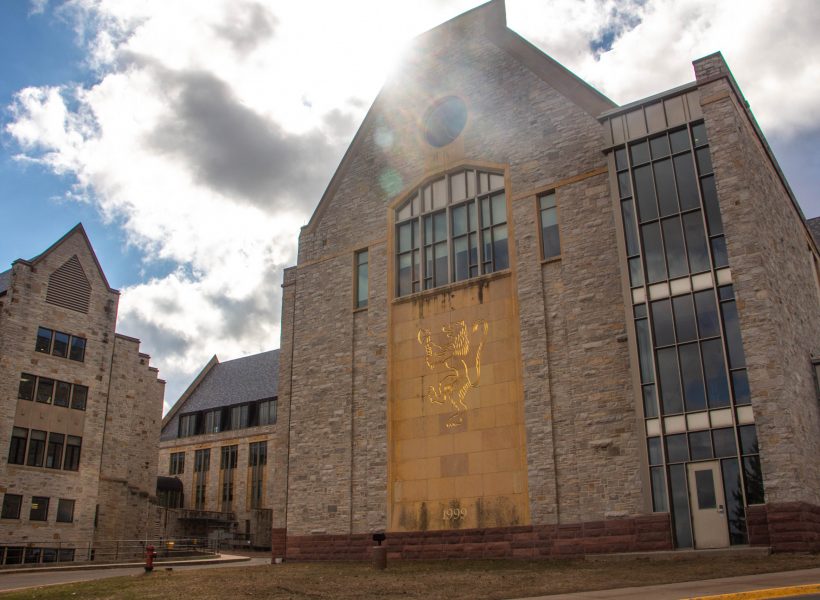
- Students will not engage in hazing.
- Students will not engage in sexual misconduct.
- Unwanted physical contact not of sexual nature will not be tolerated.
- Students will not engage in disorderly conduct
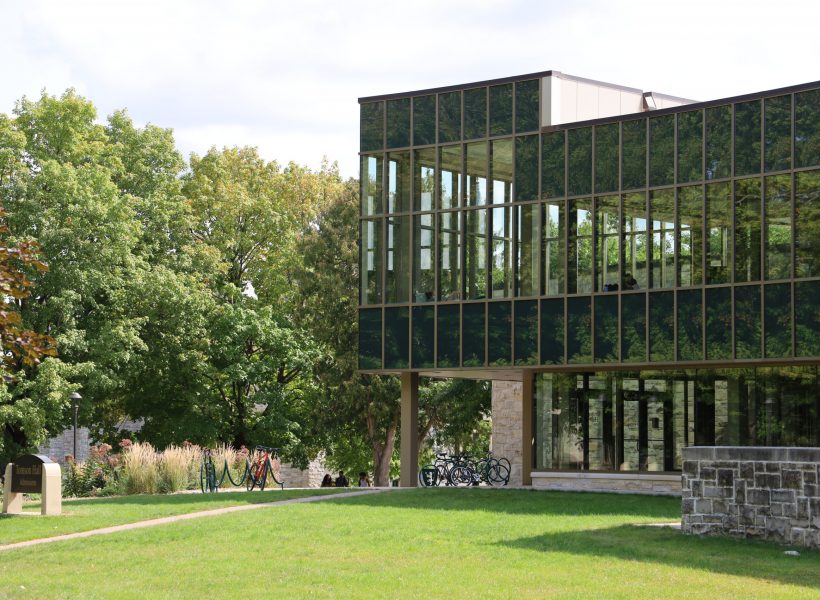
15. Students will not initiate or participate in intentional obstruction which unreasonably interferes with freedom of movement, either pedestrian or vehicular, on campus.
16. Unauthorized entry to or use of college premises is prohibited. This parameter includes unauthorized possession, duplication, or use of keys to any college premises.
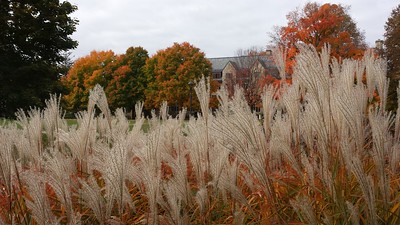
17. Theft or other abuse of computer time as outlined in the Computing Policy will not be tolerated.
18. Unauthorized or inappropriate use of the college name or logo, or the names or likenesses of identifiable organizations or features of St. Olaf College is not acceptable.
19. Retaliation toward any community member who gives information regarding another person not meeting these community parameters is prohibited.
In the event that there is conflict between the Code of Conduct as listed here and any other statement of policy, the Code of Conduct will supersede.
St. Olaf College is a place that invites community members of varied experiences and beliefs to engage with each other and to foster an environment where learning occurs. As such, the right to dissent is essential to academic freedom and scholarly pursuits. Dissent in the form of protest against a particular position, action, or situation is permitted.
St. Olaf College encourages the free pursuit of learning and makes every reasonable effort to foster honest academic conduct. It respects and defends free inquiry, while expecting that in the exchange of criticism and ideas, all will show respect for the views of others. In providing individuals the right to assemble, there must also be room for others in the community to access academic and educational processes, to reside in residential spaces, and to take advantage of normal business operations.
St. Olaf supports students’ freedom to protest while maintaining a safe campus environment. Such protests must proceed within the parameters for student behavior outlined in the Code of Conduct as well as applicable laws and ordinances that apply to protest. For example, the right to assembly also includes the right of access to academic work and community life, along with the normal business operations of the College.
Forms of assembly include but are not limited to:
demonstration
A large group of people, usually gathering for a cause. It sometimes includes a group march, ending with a rally or a speaker. A demonstration is similar to a protest in that they both can use the same or similar methods to achieve goals.
march
A walk by a group of people to a place in order to express an objection to any event, situation, or policy.
protest
A protest is a way to express objections with any event, situation, or policy. These objections may be manifest either by actions or by words.
sit-in
Any organized protest in which a group of people peacefully occupy and refuse to leave college premises.
vigil
An observance of commemorative activity or event meant to demonstrate unity around a particular issue or concern, and/or to promote peace and prevent violence.
St. Olaf College buildings and grounds are intended for use by students, faculty, staff and guests in support of the College’s mission. Individuals, groups or organizations may use College facilities and grounds in accordance with established policies and guidelines. As a private institution, St. Olaf College reserves the right to prohibit forms of speech deemed contrary to its mission, and prohibit speech devoid of educational value or potentially harmful to the St. Olaf Community.
St. Olaf College recognizes that students have readily available access to social media sources. The College is aware that social media can be a source of social support and involvement when at its best. Social media is also used in this culture to denigrate, defame and shame in the name of support as well as in the name of hate.
St. Olaf students are expected to be thoughtful about what they choose to post and participate in – recognizing that the potential for harm to self and others is significant. Slanderous and libelous commentary are dangerous to the safety and wellbeing of individuals as well as to the community. College parameters for behavior apply.